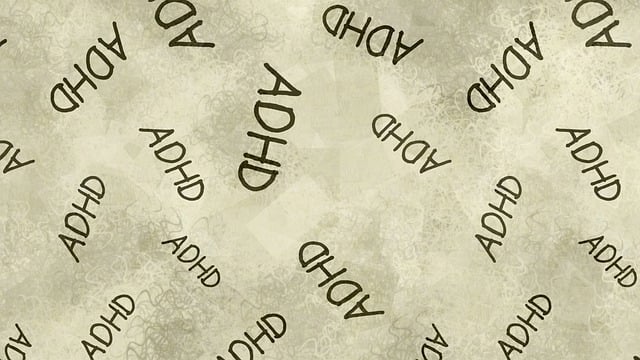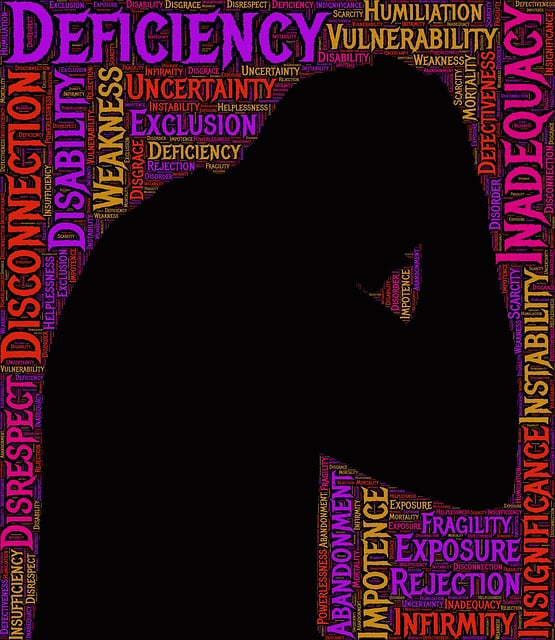Parker Eating Disorders Therapy (PEDT) offers a holistic approach to recovery, focusing on developing effective coping skills through evidence-based strategies like Cognitive Behavioral Therapy (CBT), cultural sensitivity, and depression prevention. They prioritize progress tracking, self-awareness, and burnout prevention, empowering clients with personalized tools to manage their eating disorders in diverse life settings. PEDT addresses challenges including mental illness stigma and access to care, ensuring comprehensive support for individuals on their path to recovery.
Coping skills development is a vital component of treating eating disorders, offering individuals effective mechanisms to navigate triggers and challenges. This article explores the significance of coping skills in eating disorders therapy, delving into common obstacles and evidence-based strategies for enhancing these skills at home and in treatment settings. We also discuss how Parker Eating Disorders Therapy measures progress and supports long-term sustenance.
- Understanding Coping Skills and Their Significance in Eating Disorders Therapy
- Common Challenges in Developing Effective Coping Mechanisms
- Evidence-Based Strategies for Enhancing Coping Skills at Home and in Treatment
- Measuring Progress and Sustaining Coping Skills Long-Term with Parker Eating Disorders Therapy
Understanding Coping Skills and Their Significance in Eating Disorders Therapy

Coping skills are essential strategies that individuals use to manage and overcome challenging situations, emotions, or symptoms. In the context of eating disorders, such as those treated at Parker Eating Disorders Therapy, understanding and developing effective coping mechanisms play a pivotal role in recovery. Eating disorders often stem from complex interactions of psychological, social, and cultural factors, and individuals may have adopted maladaptive coping behaviors to deal with underlying issues like depression or anxiety.
At Parker Eating Disorders Therapy, we emphasize the importance of teaching clients healthy coping skills tailored to their unique needs. This involves encouraging self-care practices that promote mental and physical well-being, fostering cultural sensitivity in mental healthcare practice to address diverse perspectives, and providing tools for managing distressing symptoms. By integrating these approaches, individuals can develop a robust coping toolkit to navigate triggers, regulate emotions, and maintain progress throughout their recovery journey.
Common Challenges in Developing Effective Coping Mechanisms

Developing effective coping mechanisms is often hindered by several common challenges. One significant barrier is the mental illness stigma reduction efforts that can discourage individuals from seeking help, especially in communities where discussing mental health issues remains taboo. This internalized stigma may prevent people from embracing therapeutic interventions, such as Parker Eating Disorders Therapy, which could be instrumental in coping skills development.
Another challenge lies in maintaining consistent self-esteem improvement during the process. Coping strategies are not one-size-fits-all; what works for one person might not be effective for another. This variability necessitates a personalized approach to therapy and support systems. Further complicating matters is navigating the complex mental health policy analysis and advocacy landscape, which can impact access to quality care. These systemic barriers must be addressed alongside individual therapeutic efforts to foster holistic coping skills development.
Evidence-Based Strategies for Enhancing Coping Skills at Home and in Treatment

Developing effective coping skills is a cornerstone of mental wellness, especially for individuals navigating eating disorders like those seeking Parker Eating Disorders Therapy. Evidence-based strategies play a pivotal role in enhancing resilience and promoting recovery. One powerful approach is Cognitive Behavioral Therapy (CBT), which helps individuals identify and challenge negative thought patterns and behaviors associated with their disorder. CBT teaches practical coping mechanisms, such as mindfulness techniques and problem-solving skills, enabling clients to manage their symptoms effectively at home and in therapy settings.
Integrating cultural sensitivity in mental healthcare practice is essential for tailoring these strategies to diverse populations. By understanding cultural contexts and beliefs, therapists can offer personalized support. For instance, incorporating cultural coping mechanisms, like traditional healing practices or community-based support networks, alongside evidence-based treatments may improve outcomes, especially for individuals from underrepresented backgrounds. Additionally, focusing on depression prevention and mood management through regular therapy sessions, mindfulness exercises, and healthy lifestyle interventions can significantly strengthen an individual’s coping arsenal, fostering a more balanced and fulfilling life.
Measuring Progress and Sustaining Coping Skills Long-Term with Parker Eating Disorders Therapy

Measuring progress is a critical aspect of coping skills development, and Parker Eating Disorders Therapy (PEDT) offers a comprehensive framework to track an individual’s journey. The therapy employs both qualitative and quantitative methods to assess changes in eating disorder behaviors, attitudes, and emotional well-being. Regular sessions with trained professionals allow clients to reflect on their achievements and challenges, fostering self-awareness. This process enables individuals to identify triggers, understand their coping mechanisms’ effectiveness, and make informed adjustments.
Sustaining these skills over the long term is a key focus for PEDT, integrating burnout prevention strategies from Mental Health Policy Analysis and Advocacy into its approach. By teaching clients healthy coping techniques and addressing underlying anxiety relief needs, PEDT empowers individuals to manage their eating disorders effectively. Additionally, promoting self-care practices and providing ongoing support through various channels ensures that the skills learned remain relevant and applicable in diverse life settings, as highlighted by Burnout Prevention Strategies for Healthcare Providers.
Coping skills development is a pivotal aspect of treating eating disorders, offering individuals effective strategies to navigate challenges. By understanding the significance of these skills and implementing evidence-based strategies, as highlighted by Parker Eating Disorders Therapy, those affected can enhance their well-being. Overcoming common hurdles involves adopting tailored mechanisms at home and in treatment, fostering long-term resilience. Measuring progress through consistent assessment ensures sustained coping abilities, ultimately promoting recovery and a healthier lifestyle.














